Florida State Representative Hillary Cassel is sounding the alarm over the state’s ongoing home insurance crisis — especially as many Floridians are worried over 2024’s potentially devastating hurricane season.
Florida, similarly to California, has seen an exodus of many home insurance companies in areas of the state that have seen more natural disasters and extreme weather events, such as hurricanes and ferocious tropical storms.
Florida’s Home Insurance Crisis
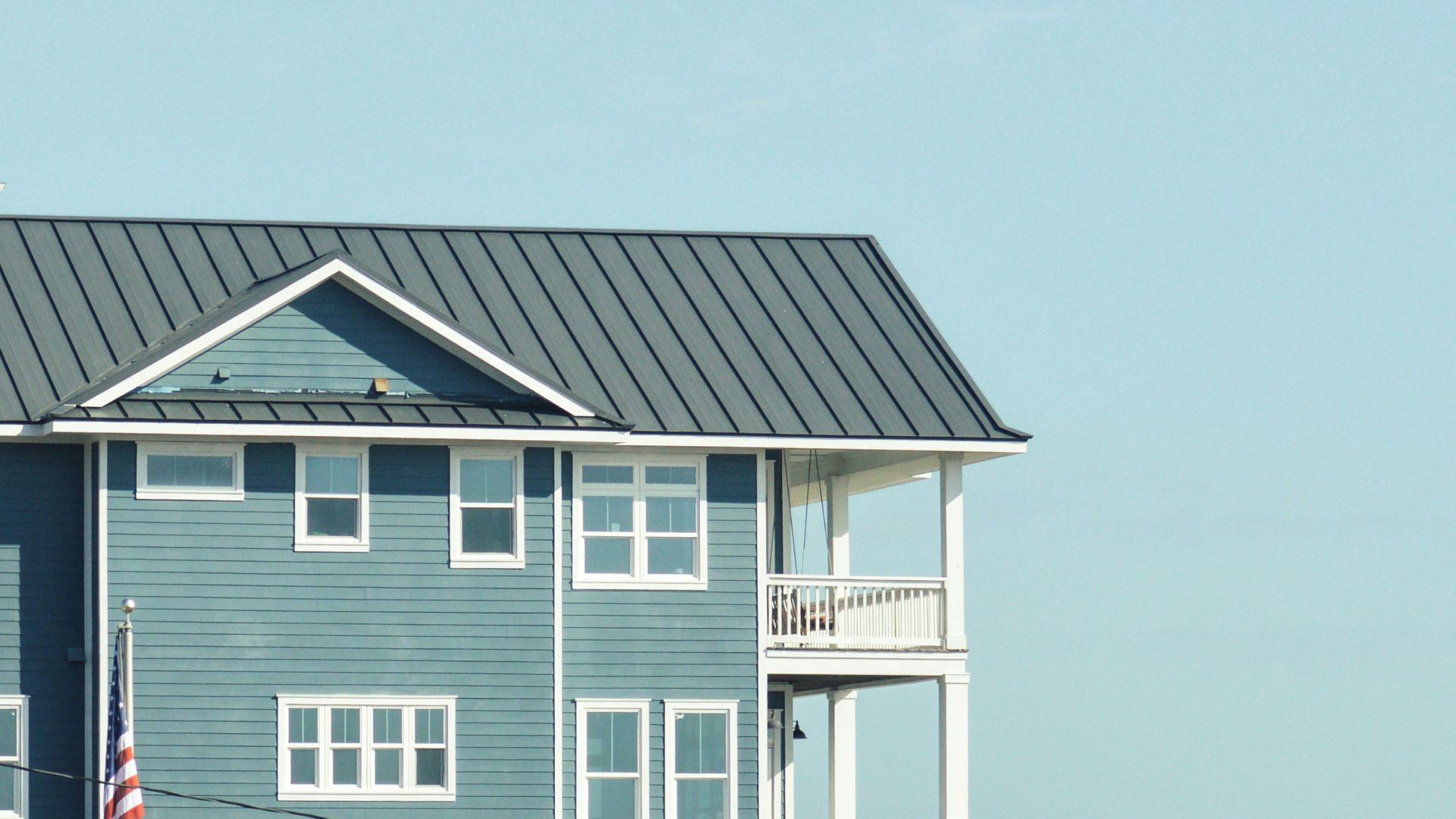
Homeowners throughout various regions of Florida have struggled to deal with their home insurance premiums skyrocketing in the last few years.
As Florida continues to face more frequent tropical storms, hurricanes, and other extreme weather events — which meteorologists explain are the result of climate change and rising temperatures — insurance companies have decided to raise many homeowners’ premiums to unbelievable highs.
Cutting Coverage and Leaving Florida
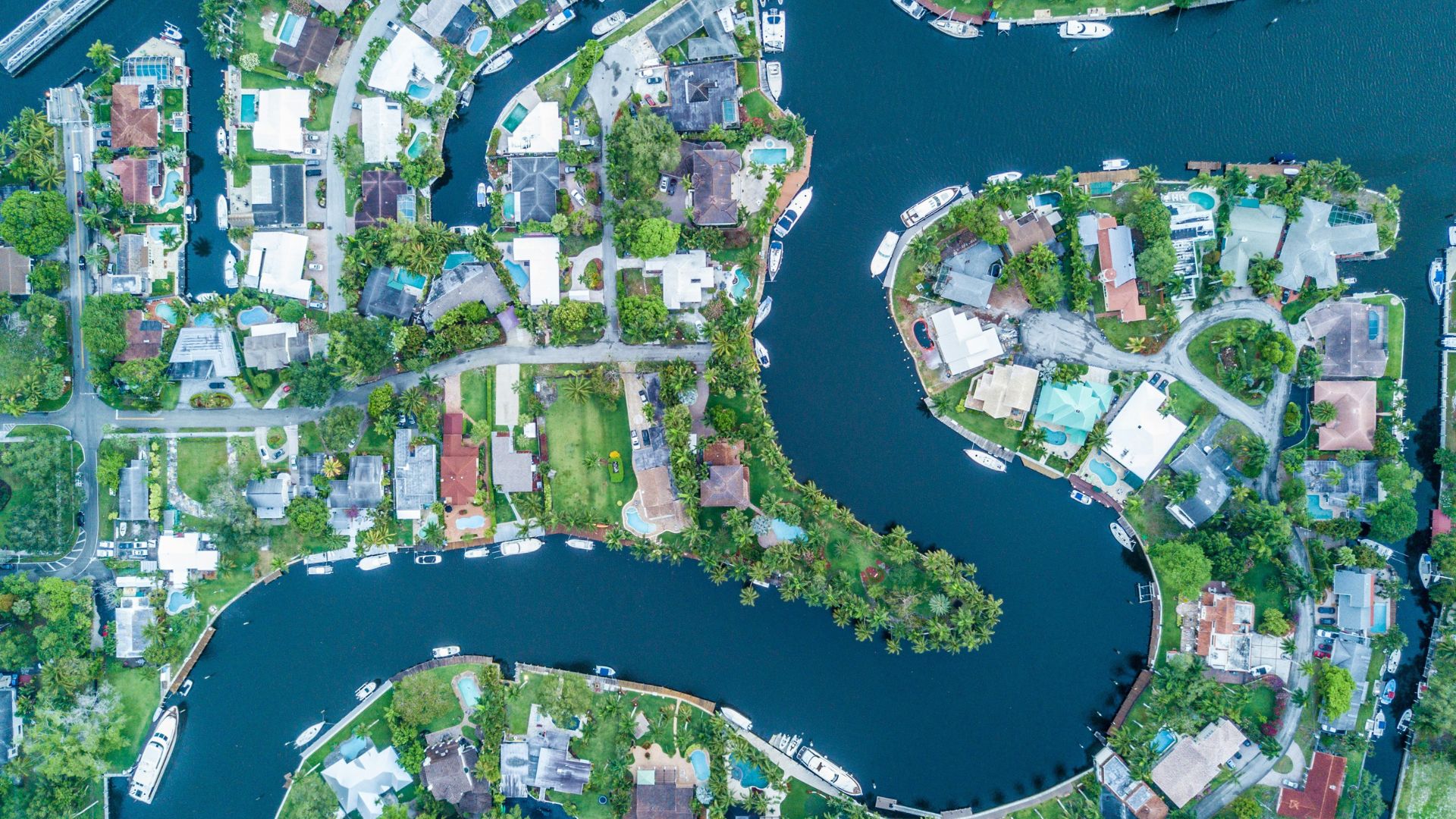
The threat of these weather events has led to many private insurers realizing that one particularly bad event could lead to many damage claims — which could eliminate the company’s overall profits.
As a result, these insurers have decided to cut coverage in some of these particularly vulnerable areas of Florida. Other insurers have even decided to fully leave Florida.
Homeowners Are Left Struggling
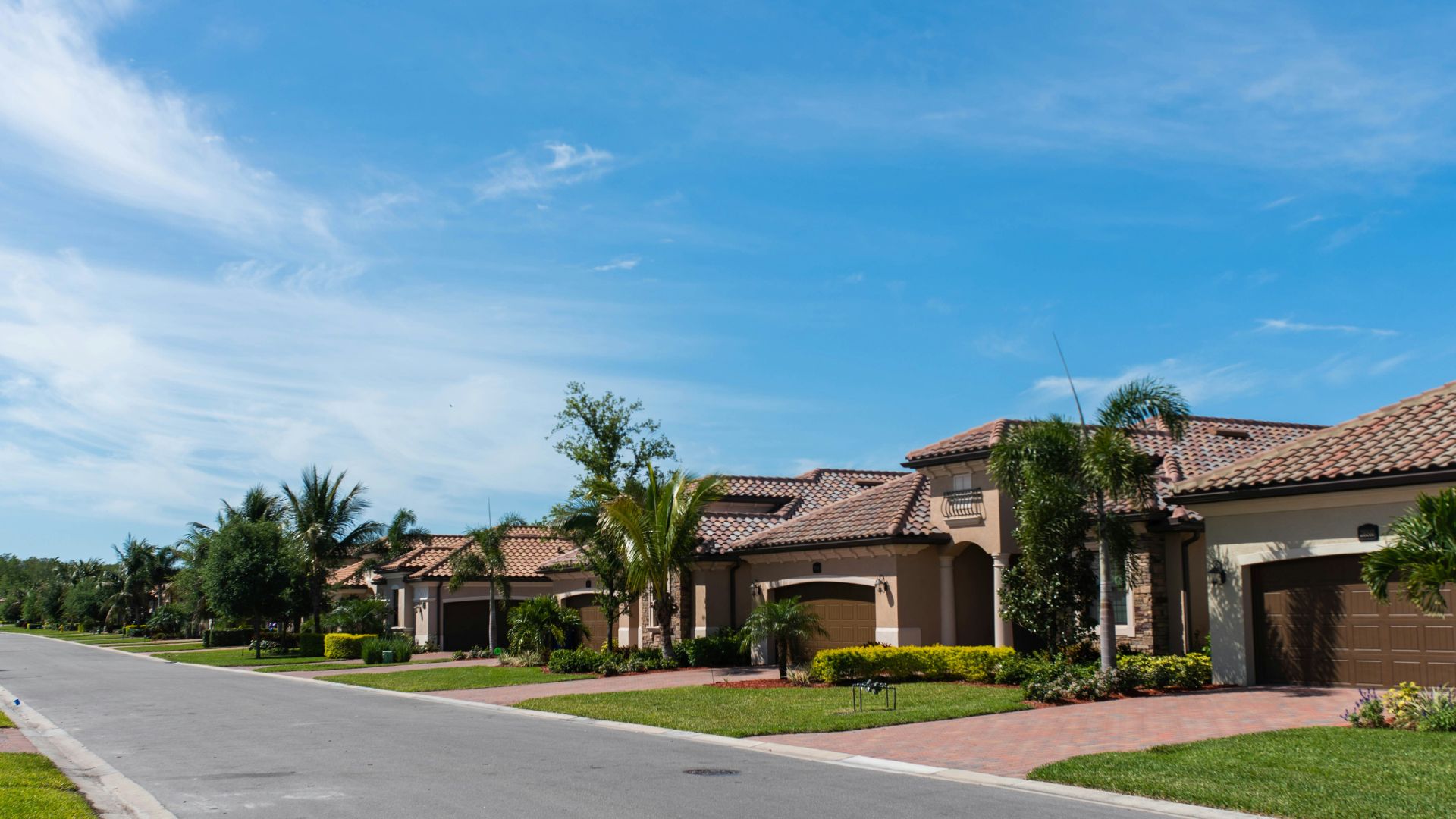
Homeowners throughout Florida have, therefore, either found their insurance premiums skyrocketing to a price point they can no longer afford, or having their coverage cut completely.
This has resulted in many Florida residents having to seek insurance from the state’s insurer of last resort, Citizens Property Insurance Corporation.
The State Insurer’s Rapid Growth
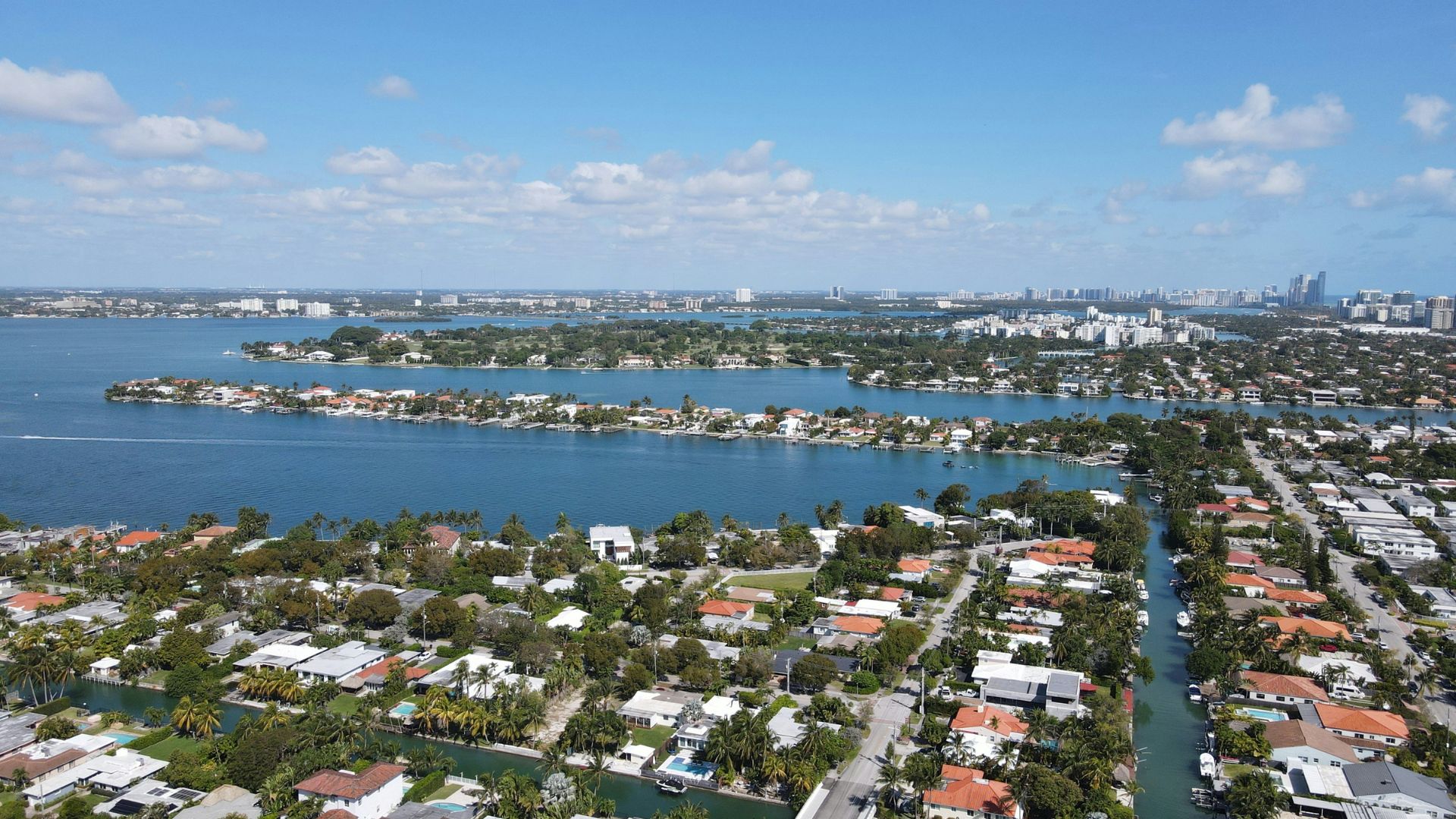
As private insurance companies have either raised rates or left the state, many homeowners have turned to Citizens. Citizens, as a result, has exploded in growth in just the last few years.
In January 2020, Citizens had 443,229 policies. By December 2023, their policy count had reached a whopping 1,167,579.
Homeowners’ Last Resort

Citizens is supposed to be the last resort for homeowners in Florida. However, as so many cannot find affordable — or any — home insurance now during this ongoing crisis, more and more people have sought out their last resort.
Many officials have major concerns about Citizens, especially as a devastating hurricane could lead to the state facing major financial risk.
Sounding the Alarm
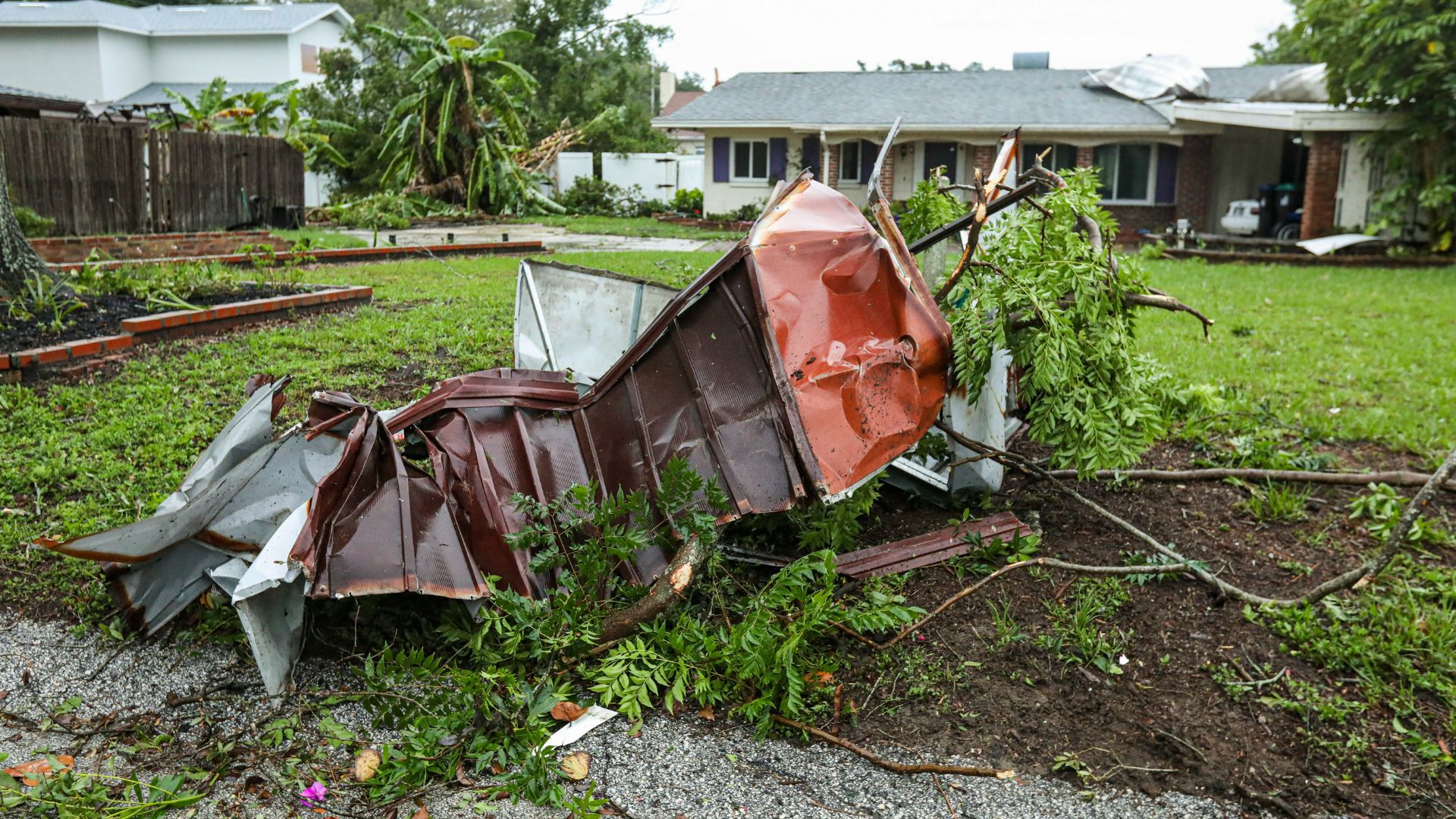
Rep. Hillary Cassel recently opened up about this difficult crisis in Florida, explaining that a major hurricane will likely hurt homeowners, the state, and smaller private insurers.
“It’s not a matter of if; it’s a matter of when,” Cassel warned. “We have to make some big changes here in Florida.”
Helping Homeowners Find Private Insurers
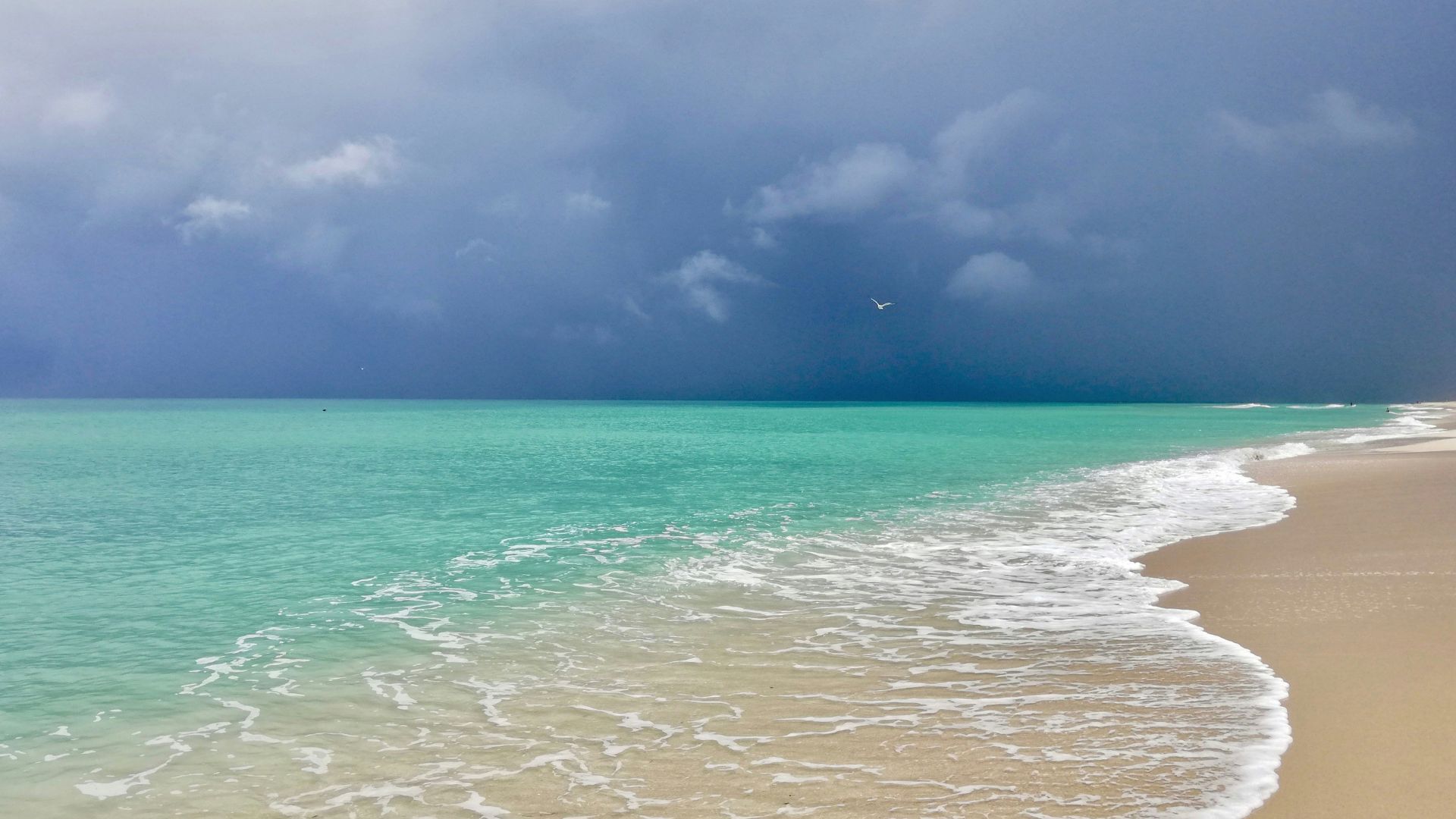
Citizens’ ongoing depopulation program allows a private insurer to take one of its policies — but only if their premium is a 20% increase or less than its own.
However, Cassel has explained that this depopulation strategy actually doesn’t help the major affordability problem that many Florida homeowners are facing when it comes to finding reliable home insurance.
High Renewal Rates
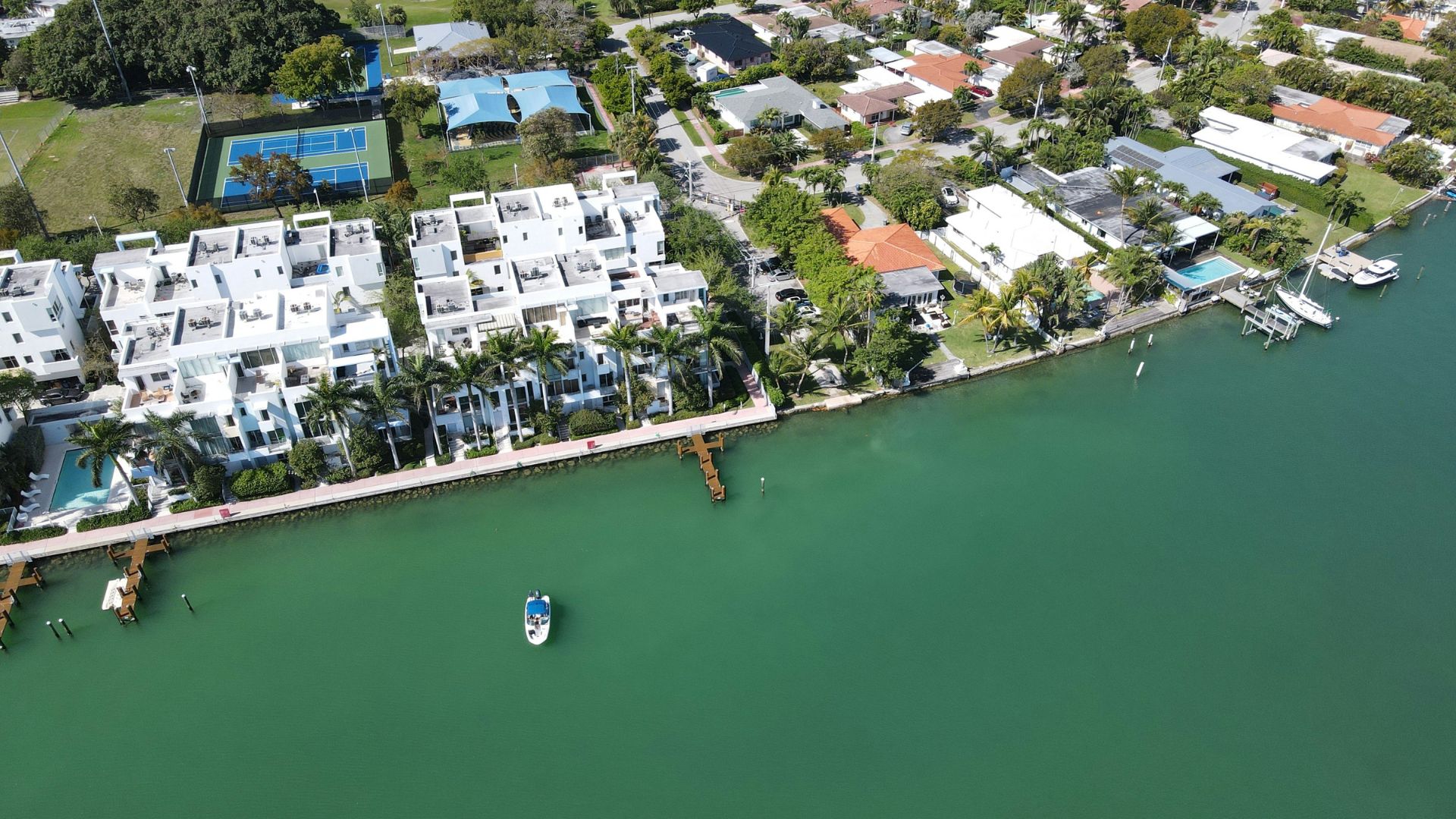
Cassel pointed out that the 20% rate increase is only for the first year. After this first year, private insurers can increase the rate even more.
Cassel said, “You get that 20 percent, but that 20 percent rate increase is only for the first year; there’s nothing in law […] that says what happens in the following year. If that rate increases and goes above that 20 percent, what’s actually going to happen? These people are going back to Citizens.”
A Difficult Year Ahead
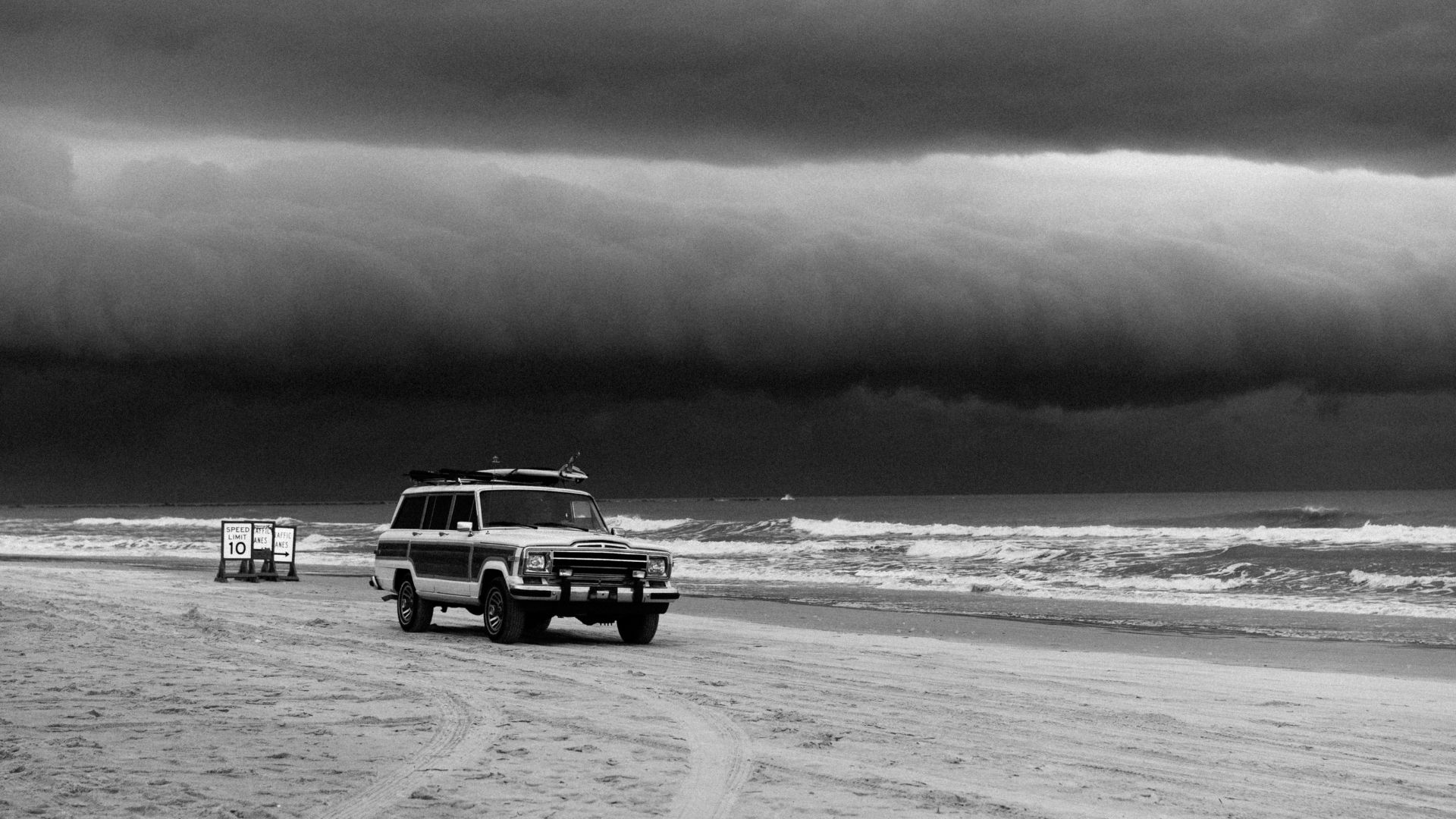
Cassel, as well as many other experts, have pointed out that weather officials have declared that 2024 is going to be a particularly busy, active, and likely difficult hurricane season for the Atlantic.
As a result, Floridians are preparing for what may be many hurricanes seen in the near future. This warning has also worried many private insurers.
Private Insurers in Florida
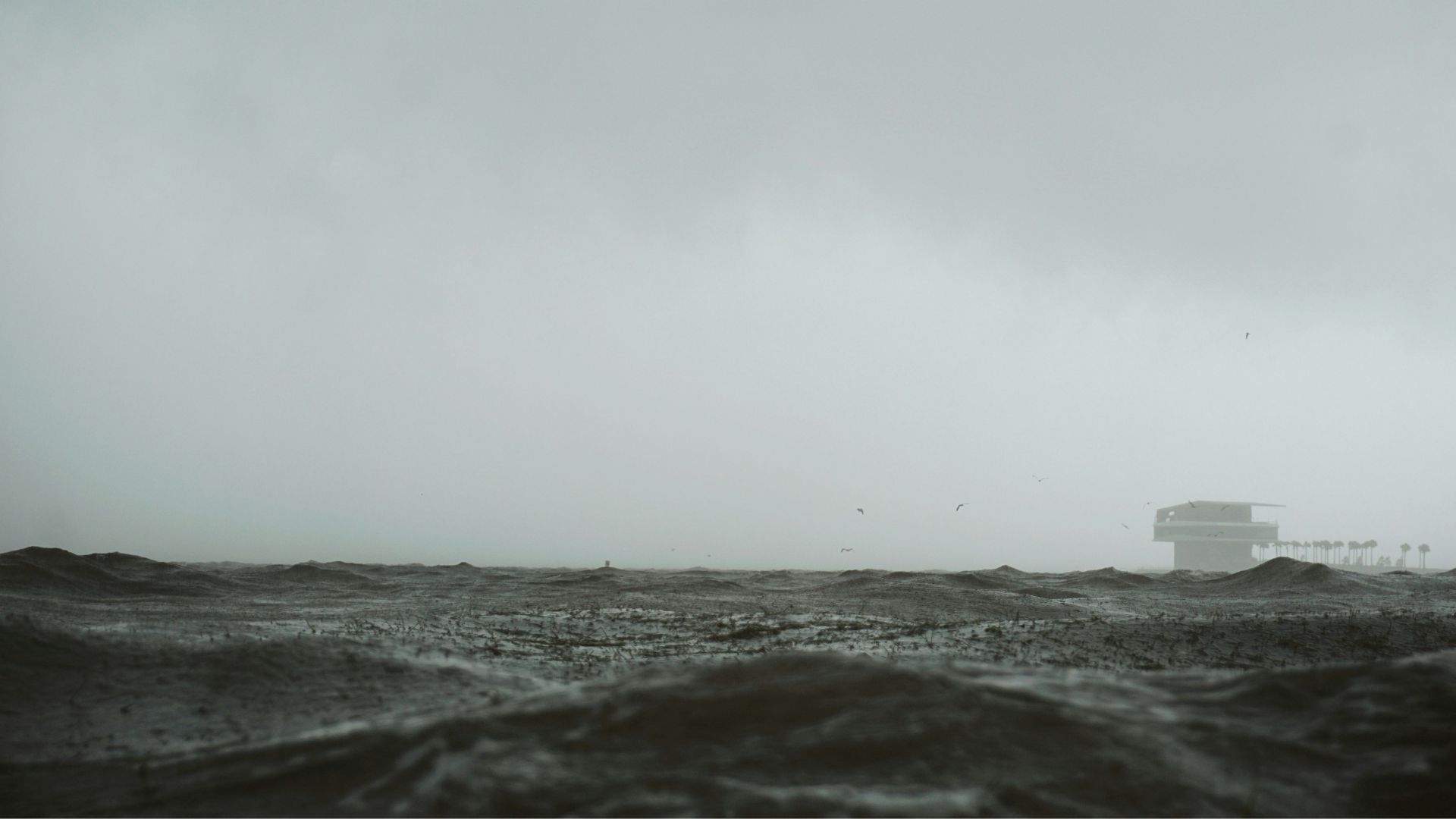
Benjamin Collier, a risk management and insurance professor, has explained that a bad hurricane in Florida could go so far as to “wipe out some of the small insurers in the state.”
“The small insurers often cater to lower-income homeowners. If an insurer goes insolvent, the state has a fund that will pay claims to its policyholders. But getting a claim paid through this state fund can take a long time, months or even years,” Collier stated.
Florida Residents Face a Difficult Hurricane Season
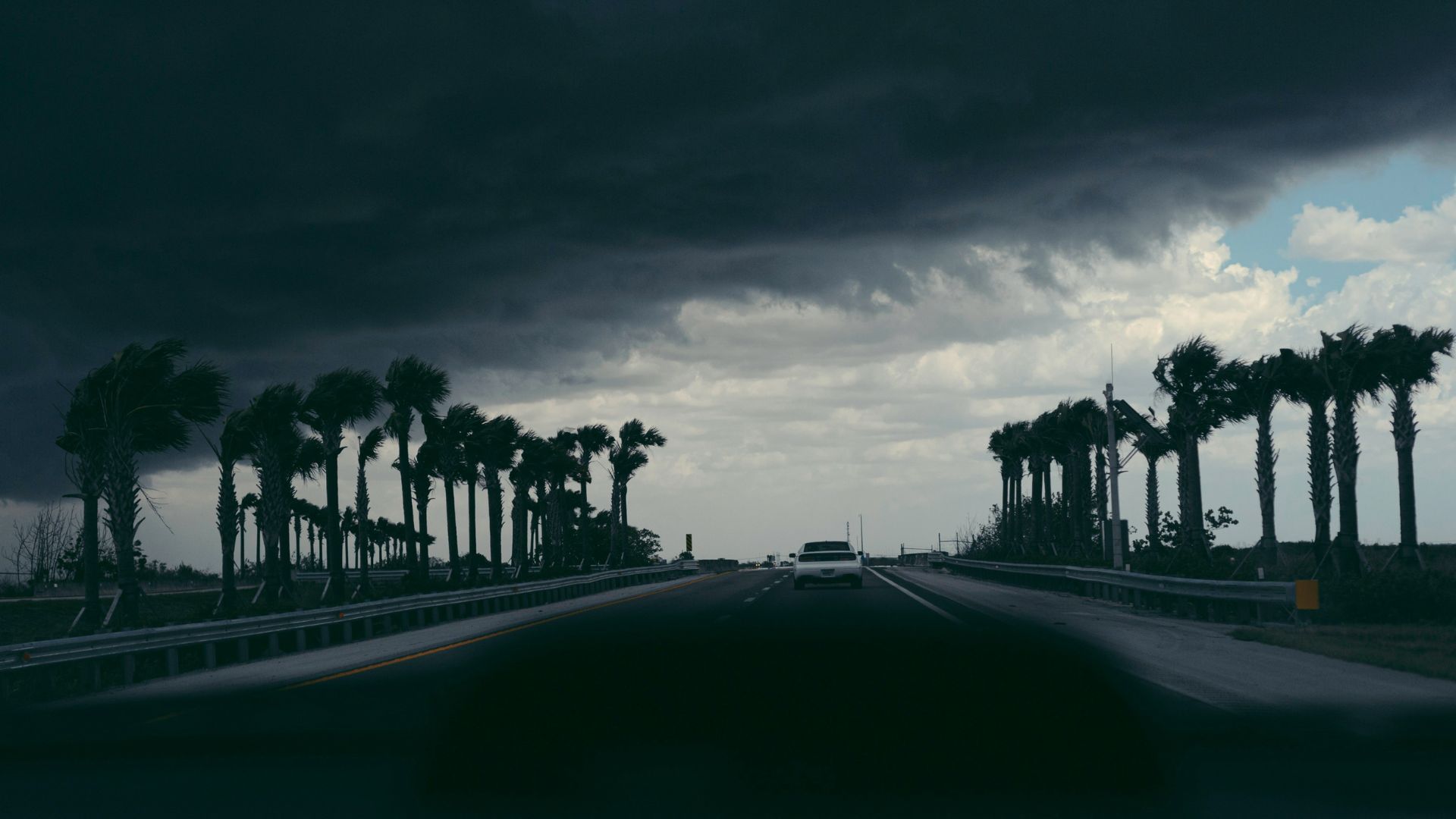
Collier further stated that this may become a huge challenge to many Florida residents who are trying to rebuild their property after a hurricane.
He explained, “That’s a big challenge for folks trying to rebuild their homes. Some small insurers attract customers with lower rates, but, in my view, it’s not worth the extra risks. If you just survived a hurricane, the last thing you want is to have to jump through a bunch of hoops to get your claim paid.”
